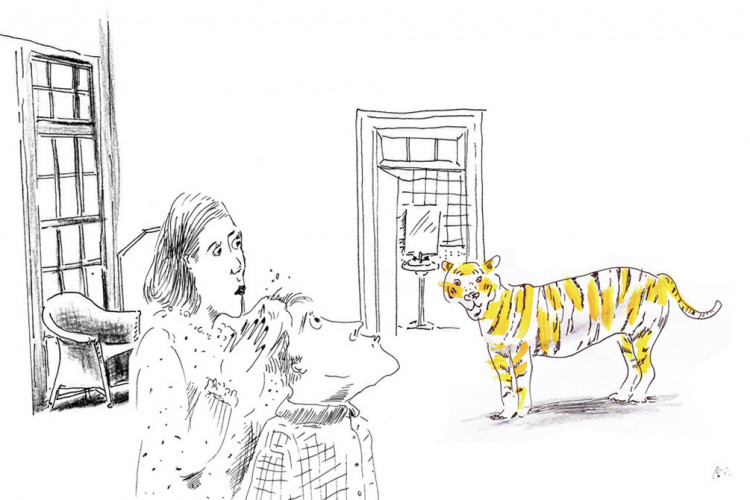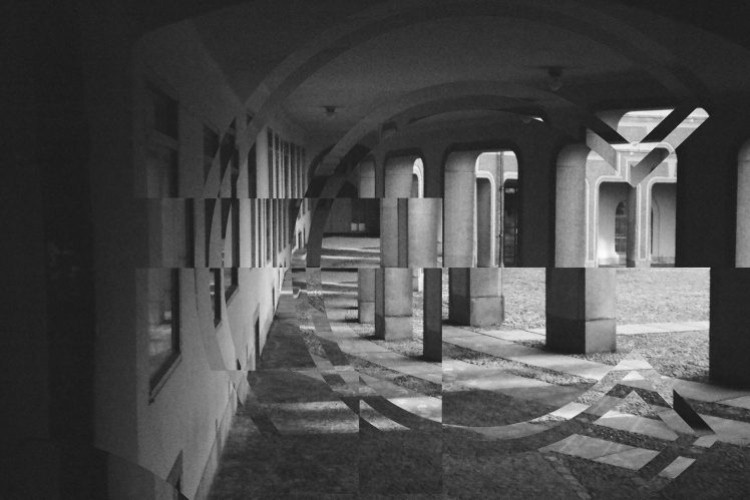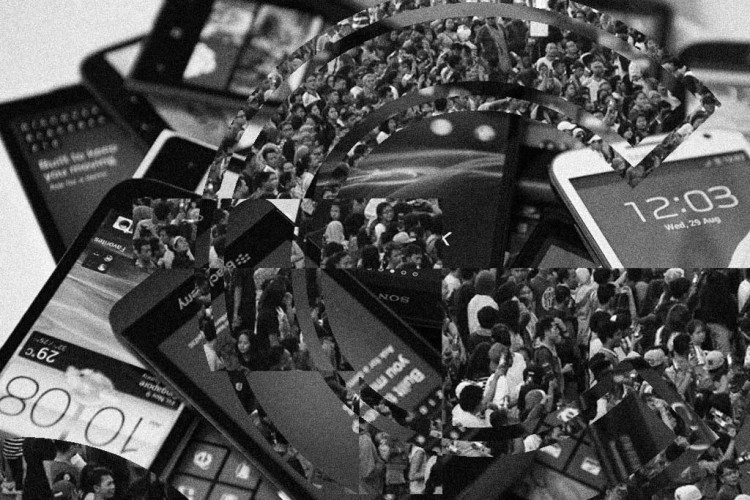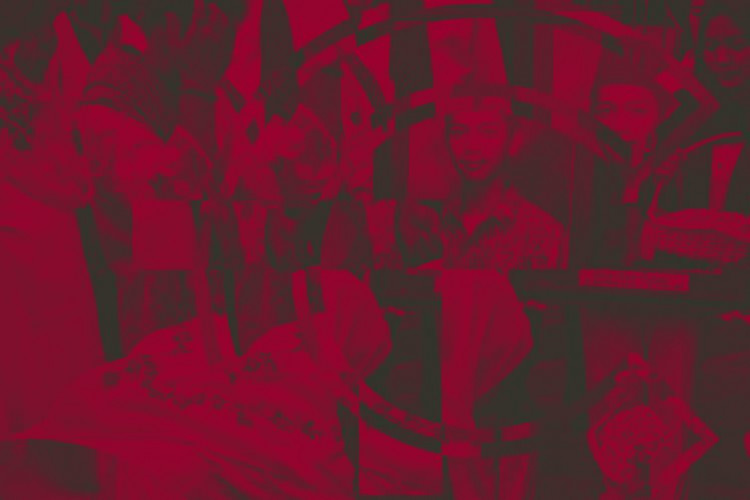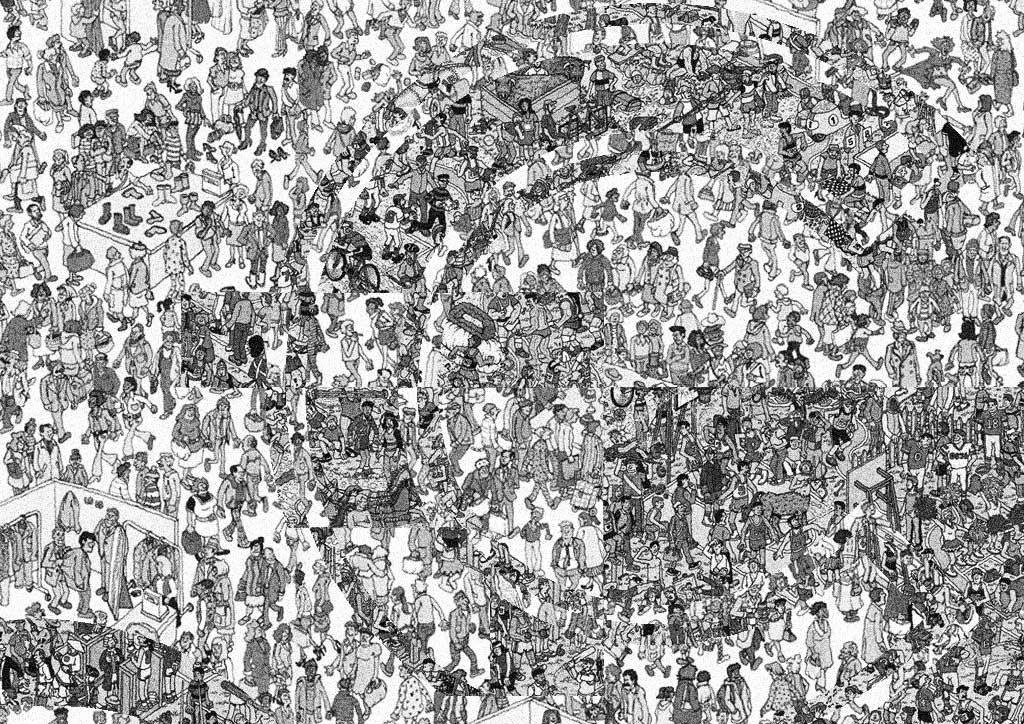
The abbreviation IRL, stands for In Real Life, is commonly used in online environments particularly across social media platforms when referring to situations that happen in actual reality. And yet, why do we differentiate IRL with being online ‘In Real Life’ when we are actually communicating online, in real life?
Surely, the abbreviation comes into use on offline activities and events. With factors of invisible audience in online environments and being able to put yourself in the centre of attention constantly, it’s easy to find a border of online reality and offline reality. What tends to be easily missed is the idea that at the other side of that screen is another human being, as well as what is happening online is simultaneously happening offline – in real life.
In the process of learning about our online habits and writing this essay series, I have grown out of my pessimistic view on how the way we communicate today seem to be dominated by our online interactivity, and that face-to-face communication is deteriorating. I certainly am the kind of person who have gotten use to constantly sharing updates of my life online from thoughts to photographs, but as I step back and start to resist, I realise there is more to observe and criticise.
Today’s generation is experiencing a very rapid change on how we can find more ways to interact, and many have interpreted whether this is a great development or simply a slam of negativity on how online, mobile devices are replacing the experience of living in actual, real life.
There are times when I often recall either of my parents saying, “See, if there was something like Instagram back when you were still a baby, we will share all those cute baby photos we’ve taken.” However, they actually did. In the early 1990s, my father had a very slick analogue camera that he would take it everywhere we go when we were younger. That particular camera took moments from first-year birthdays to family day-trips, and they were all printed and treasured in massive family photo albums or framed and placed in the living room. Today, those albums and framed moments still exist, similarly in the forms of an Instagram profile or a Facebook photo album, and as for my father, he still captures photographs with his smartphone.
With the use of smartphone devices, and the easy access of sharing updates in social media, our lives are now expanded through a screen, allowing access for more people to see. Although it is mediated, the act is still occurring in real-time reality.
Technology has certainly supplement numerous ways in enhancing life experiences through its progressive development, and with the age of social media, these experiences are easily stored with the convenience of Internet access and advanced technology like the smartphone. In an interview for TED Blog for his book entitled ‘Our Virtual Shadow’, Damon Brown refers to ‘anchors of memory’ that symbolise the experience of a memorable moment – such as photographs and tweet updates – where he stresses, ‘Unfortunately, the tools we use to create our modern anchors of memory, like the smartphone, require a level of multitasking that takes us away from the very experience we’re trying so hard to capture! It is the ultimate irony.’
Still, one should not simply blame the technology for letting us become too reliant for its convenience and shifting our way of living – it is us who need to be aware of how much we are consuming the technology and how we utilise it.
In the PBS Idea Channel episode ‘Are Cell Phones Replacing Reality?’, host Mike Rugnetta concludes that the way we live with our smartphone devices that grants access to our always-online lifestyle is not bad, but different: ‘Majorly different’. If we are to continuously perceive this online lifestyle in a pessimistic point of view, we are only going to create more negative perceptions, more excuses to point the blame, and to not embrace the evolving society – the evolving reality for that matter. Reality is not replaceable, only supplemented. Supposedly, technology has played its role in enriching our lives. Yet, it roots back to how much you let yourself consume the need to be online and attached to your devices, as well as to what extent of information and responses you are sharing online.
Besides, what we see are not always ‘instagram-able’, the places we go to do not always have to be checked-in and recorded, every stray of thoughts are not necessarily shareable online. There is real life happening when you are online, and rather than photographing, tweeting, or updating to create the experience, live the experience worth sharing.








